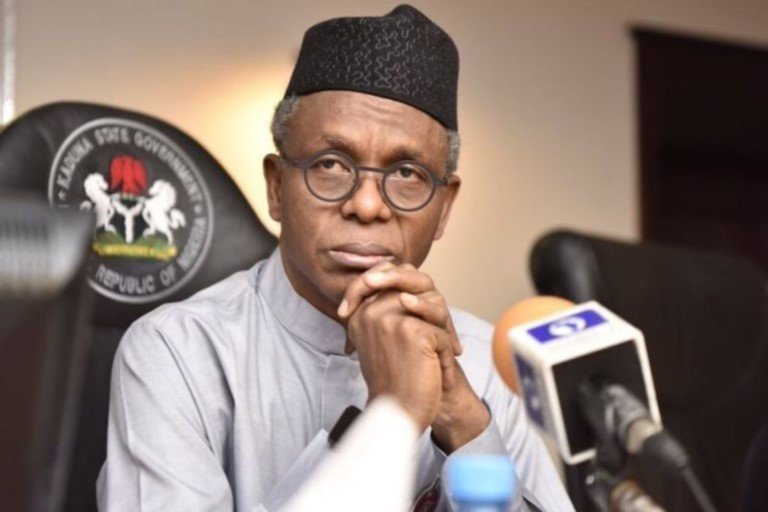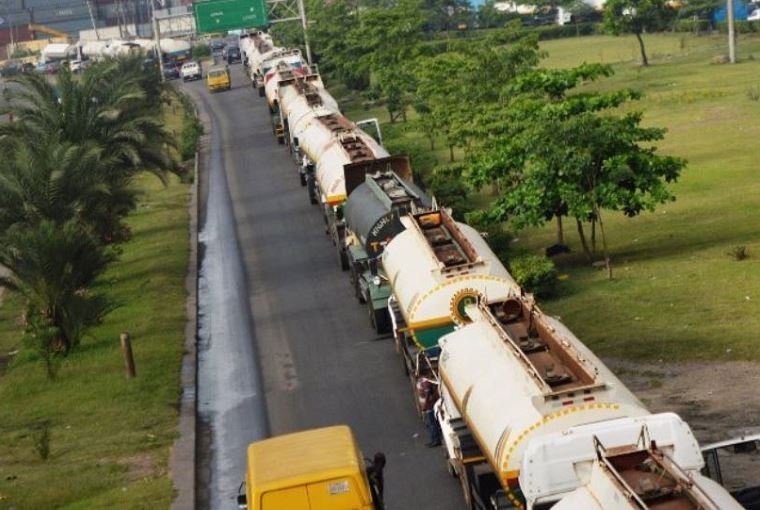The Petroleum Products Retail Outlets Owners Association of Nigeria (PETROAN) has called on President Bola Tinubu to intervene and mitigate the impact of the ban on large tankers on those affected.
The prohibition, which will go into effect on March 1, 2025, was announced last week in response to the frequent accidents and explosions caused by overloaded trucks, which have killed 493 people in the last three years.
In a statement on Sunday, the PETROAN President, Billy Gillis-Harry, said that about 100,000 persons in the petroleum sector will be affected by the ban.
In the statement, PETROAN commended Tinubu for prioritizing Nigerian lives following the ban on trucks carrying over 60,000 liters of hydrocarbon products to reduce tanker accidents and explosions.
“The stakeholders’ roundtable that reached the consensus decision was championed by NMDPRA, bringing together key players in the industry, including the Nigerian Association of Road, Standard Organisation of Nigeria, Major Energies Marketers Association of Nigeria, Directorate of State Services, Nigeria police, Nigeria security services, the fire service, among others.
“While the ban aims to reduce accidents, it may lead to significant job losses and financial losses for truck owners. Notably, members of NARTO, DAPPMAN, PTD, NUPENG, MEMAN, and PETROAN collectively own thousands of trucks affected by the ban. These trucks support over 100,000 employees, including truck drivers, conductors, mechanics, haulage personnel, truck supervisors, and many others who rely directly or indirectly on these trucks for their livelihood.
“In light of this, the National President of PETROAN is calling on President Tinubu to intervene and mitigate the impact of the ban on affected stakeholders. Dr Harry urges the President to consider measures that will cushion the effects of the ban, particularly on small-scale businesses and truck owners who will be severely affected.
“Finally, the National President of PETROAN has called on all stakeholders to comply with the ban accordingly,” the statement stated.
In the same vein, an industry expert, Olatide Jeremiah, also described the government’s proposed ban as a misplaced priority, emphasizing that it would lead to a surge in the pump price of petrol in Northern Nigeria.
“If the ban on 60,000-liter trucks is implemented, the northern part of the country might feel the effect. The reason is that 60 to 70 percent of petroleum products are supplied from Lagos, mostly Dangote fuel through trucks,” he stated.











